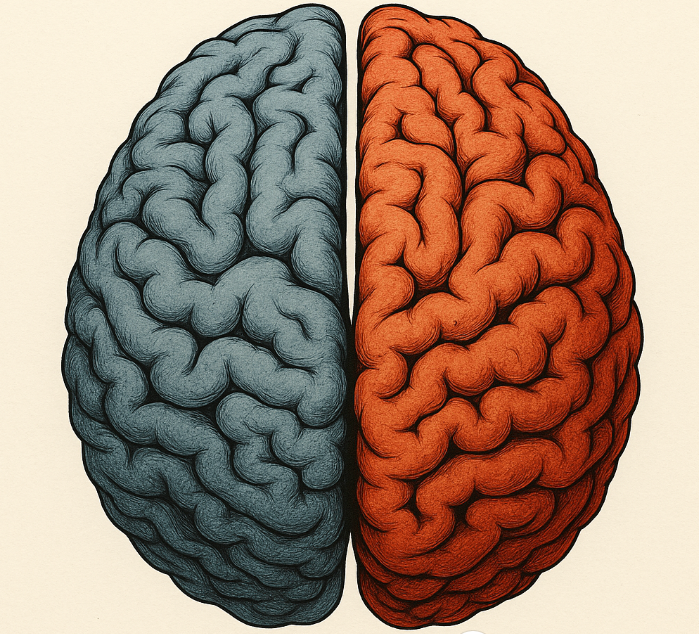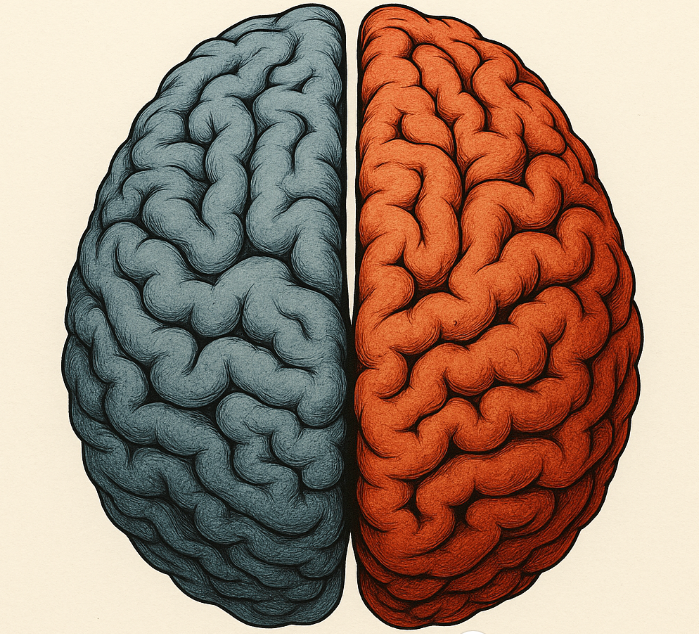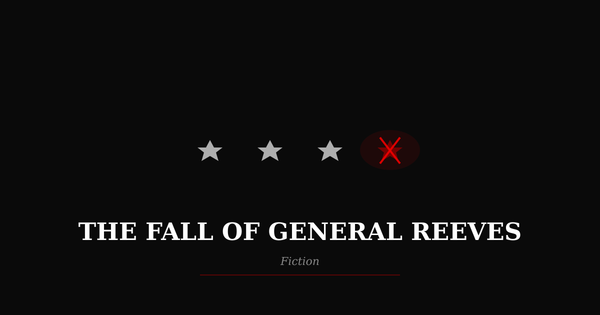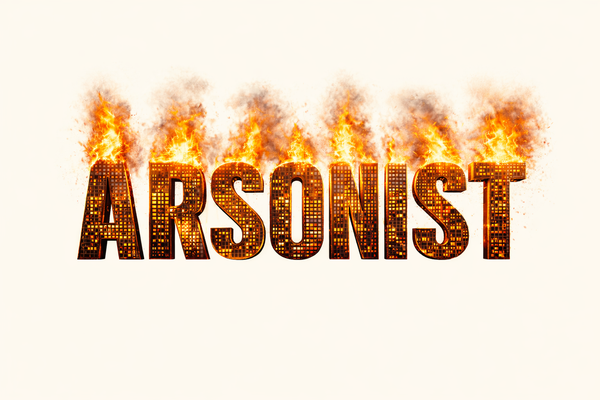Brain Fade
and democracy

There’s growing evidence—from neuroscience, not just partisan punditry—that America’s political divide isn’t just ideological. It’s biological. The left and the right aren’t simply disagreeing about policy. In many ways, they’re perceiving different realities, processed through different circuitry.

Thanks for reading Burnt Ground! Subscribe for free to receive new posts and support my work.
Studies show that conservatives tend to have a larger amygdala, the brain’s fear center, which lights up in the presence of threat or uncertainty. Liberals, by contrast, show more activity in the anterior cingulate cortex, a region associated with managing complexity, resolving conflict, and tolerating ambiguity. That’s not name-calling. That’s MRI data.
What does this mean in practice?
It means that conservatives often gravitate toward order, hierarchy, tradition, and loyalty. The world is full of danger, and stability—whether in church, nation, or family—is safety. Liberals, meanwhile, are more at ease with nuance and change. They tend to seek reform, question structures, and accept contradictions—even the messy, unresolved ones.
This isn’t binary, of course. Nobody is just one thing. But the patterns are clear—and they manifest everywhere from Facebook feeds to Senate floor debates.
Tribalism vs. Tolerance
The GOP, for better or worse, runs on cohesion. They march together. They message together. They vote together. That instinct toward group loyalty is both their strength and their shield. It protects them from fragmentation—and from accountability.
It also means they can absorb extreme narratives with little friction. QAnon, white Christian nationalism, anti-vax rhetoric—they don’t all believe it, but they don’t break ranks either. That’s the power of tribe: the details don’t matter as much as the feeling of belonging.
Democrats? They’re a coalition of outliers. Racially diverse, ideologically scattered, prone to circular firing squads. They welcome debate, challenge orthodoxy, and argue over everything from pronouns to platform planks. The upside is intellectual range. The downside is fragmentation.
This has real consequences. One party reinforces its own myths and moves in sync. The other holds internal symposiums on the definition of “unity” while the house is on fire.
The Trump Mutation
And then there’s trump.
If conservatives are wired to detect threats and liberals to explore nuance, trump isn’t really aligned with either. His brain—if we’re still using that term loosely—isn’t political at all. It’s predatory. It’s tuned not to belief but to opportunity. A con man’s brain. A casino owner’s brain. A survivalist in a gold-plated suit.
He doesn’t build coalitions. He cultivates cults. He doesn’t persuade. He floods the zone with confusion until truth drowns. He’s not ideological—he’s transactional. Every relationship is a test of loyalty. Every loyalty is a test of submission.
He didn’t rise by reflecting the GOP’s values. He rose by hijacking their emotional circuitry. The fear, the resentment, the sense of cultural siege—he fed it, amplified it, weaponized it. And because he lacked the shame most humans still carry in their wiring, he said the quiet parts loud. Over and over. Until people stopped noticing they were quiet at all.
He doesn’t understand the people he commands. He doesn’t need to. He feels like one of them. He hates the same people. He scorns the same elites. He performs the same sense of injury. It’s not empathy. It’s mimicry. But it works.
Because in a world wired for fear, authenticity isn’t what matters. Familiarity is.
Emotion Beats Evidence
Liberals still believe in persuasion. They write think pieces. They post fact checks. They assume that if they explain the stakes clearly enough—climate change, reproductive rights, authoritarian creep—people will come around.
But that strategy only works if your audience is wired to embrace complexity. If your brain is on high-alert for existential threat, facts are just another source of confusion. What you want is clarity, loyalty, and a strongman who promises safety.
That’s why republicans fall in line, and democrats fall into debate. One side rallies around the idea of the enemy. The other side is still in a breakout group arguing about language.
This is how democracy dies: not with a bang, but with a forum.
The Need for Both
In theory, democracy works best when both mindsets are in balance. You need the guardians of tradition and the critics of orthodoxy. You need the builders and the breakers. One side keeps the house standing; the other opens the windows and asks why it’s shaped like this in the first place.
But in this moment, that balance is gone. The conservative bloc is energized, emotionally bonded, and mobilized around a single, unqualified leader. The liberal coalition is intellectually awake but structurally disorganized. One side is driven by identity and survival. The other is driven by process and principle. Guess which one wins a street fight?
That’s the asymmetry: the right fights like it’s a holy war. The left acts like it’s a faculty meeting.
What Now?
If the brain is destiny, are we stuck?
Not necessarily. But we have to stop pretending that reason alone will carry the day. If democracy is going to survive this authoritarian wave, it needs more than good arguments. It needs emotional solidarity. It needs liberals to stop playing defense, to stop optimizing for purity, and to start building coalitions that can actually hold the damn line.
Because the other side isn’t hesitating. It’s marching. And it doesn’t care if you spell “intersectionality” correctly.
We don’t have to become them. But we do have to understand them. And more urgently, we have to out-organize them—with brains, yes, but also with guts.
In the end, democracy isn’t just a system of government. It’s a shared agreement to think together, fight fairly, and live with difference. If one side stops believing that—and the other side can’t be bothered to act on it—we lose the whole thing.
Not because we weren’t smart enough.
But because we weren’t scared enough.
Thanks for reading Burnt Ground! Subscribe for free to receive new posts and support my work.




